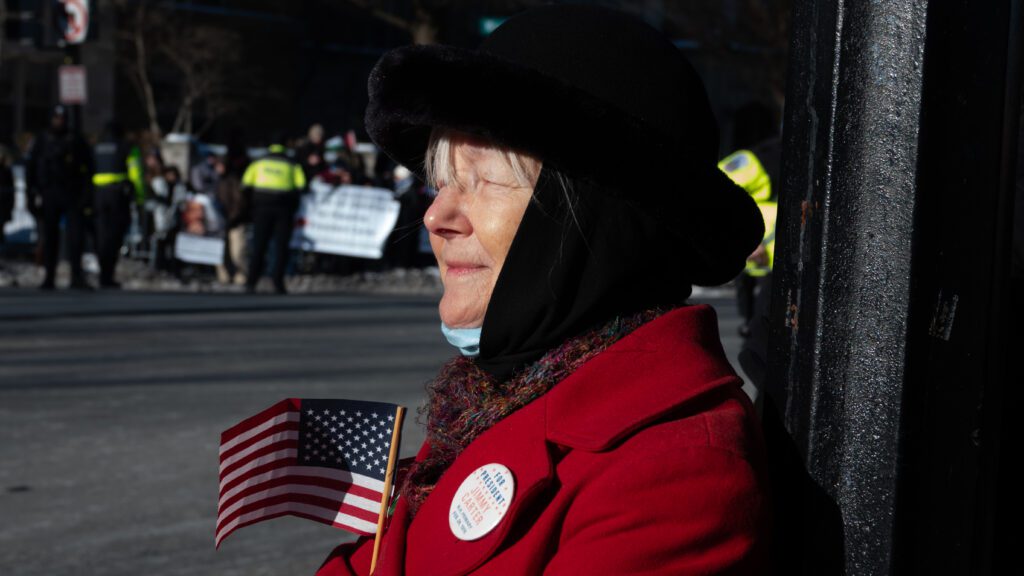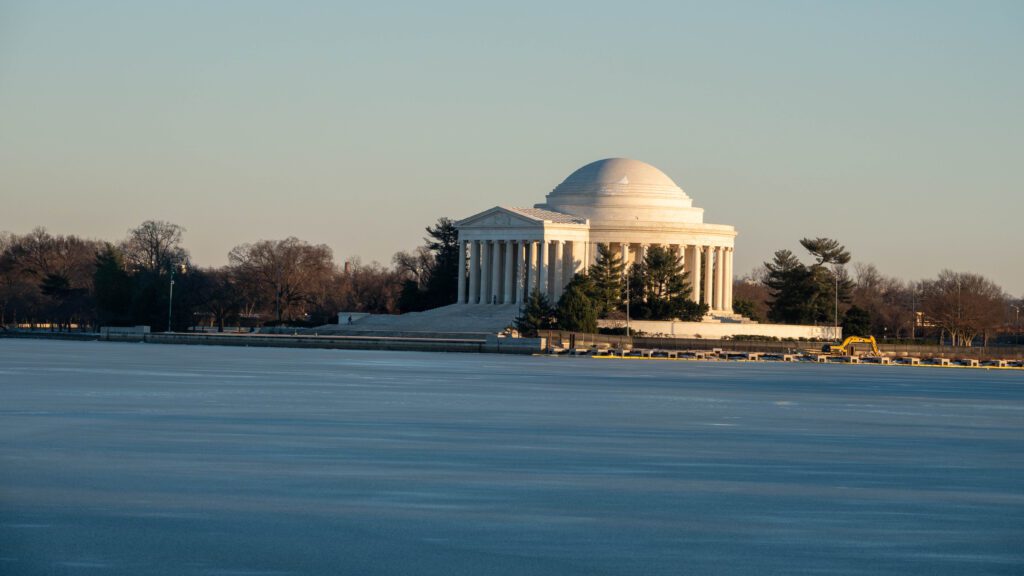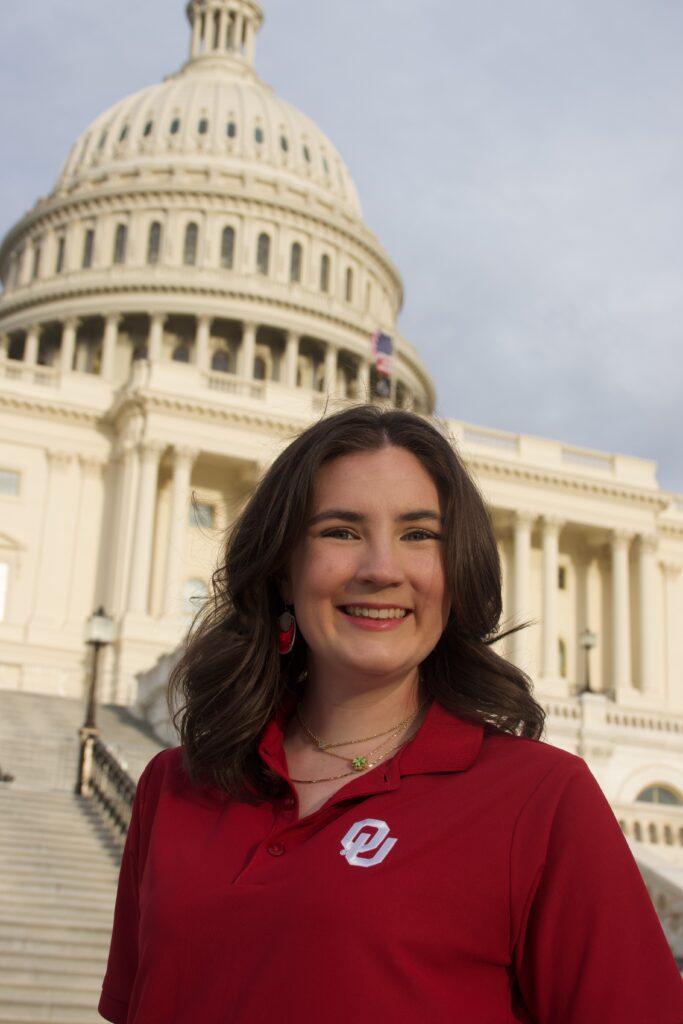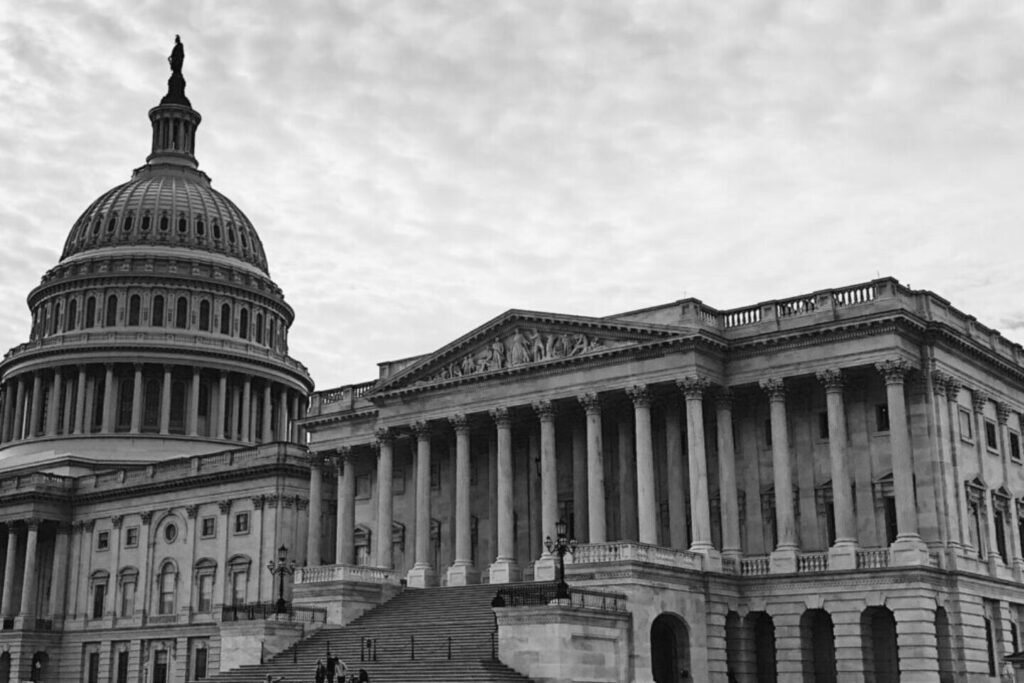My very first day on capitol hill told me a lot about the state of reporting in politics in 2025.
I was a very green reporter with absolutely zero experience talking to the “big dogs” of American politics. I had reported from Iowa during the caucuses, but the candidates were not taking that primary seriously so the reporting I did was less focused on them and more on the people casting votes. However, in Washington, every day was a conversation with someone in a position to make change, which was incredibly nerve racking for me.

About 20 minutes into being outside of the House of Representatives Chambers on January 4th, 2025, I had an immediately adverse interaction with a legislator from Oklahoma whom I was covering. I will not name the representative, but they were immediately rude and dismissive of myself and my colleagues. I was told that they are “just like that” and to expect for them to ignore me the entire semester in Washington. This brings me to my first major lesson:
1. Legislators only use the press to get what they want
Every media appearence, comment, or interview given by a member of congress is calculatued and media trained (except for the old guard). Young, Republican, members of congress have been given the MAGA playbook and tend to repeat exact terms from the presidential administration rather than bring individual policy measures. Some days, speaking to legislators feels like you’re hearing the exact same bullet points over and over again. For journalists, and I would argue constituents, this is unproductive and makes finding and telling the truth harder because these representatives are not transparent and are inherently preformative.
Another lesson covering congress taught me is pretty simple as well:
2. Traditional office interactions are extinct
When talking to some of my mentors in the program, they reccommended getting a foot in the door with an office prior to making a media request. What they failed to mention is that the traditional way of saying, “Hi, i’m so and so from so and so outlet” and introducing yourself to office staff is looked at strangely now. There would be days were I would go into an office, introduce myself, and ask to speak or exchange contact information with the comms staffers of offices, and they would completely ignore me and gatekeep the office. Additionally, there is open hostilty on phones when reporters call offices asking for comments. There were so many times that I would call to follow up on an e-mail that I had sent to an office comms department and they would decline to speak with me or would say that they would “get back to me later.” Basically, offices do not want to interact in traditional ways with the press because they like the power over their congressperson’s narrative that they have in a digital communications space.
3. Making friends takes effort
I was the only person Gaylord sent to Washington this semester, so naturally I did not have a lot of people to interact with in a personal way. I used my (albeit minimal) connections to friends who had moved to DC as a tether to get to know some people and to not be completely isolated, but getting outside of that box was difficult. This was especially because I was a member of the press and much of the young population on Capitol Hill have been taught to not speak to members of the press, even in personal capacities. It took a while and a lot of Group-Me messages to find people to interact with, but the effort was worth it. I am extemely close with the people I met in DC because they were also going through a lot of the same personal connection issues that I was.

4. Press freedom is shrinking day by day
I was in the Senate Press Gallery getting some work done when the White House nade the announcement that it was taking the pressroom priveleges away from the correspondents association and that the White House comms department would be selecting outlets for the press briefing. There was a sense of shock and horror that rippled through the gallery that day and it seemed that almost every reporter was taking to their bosses or collegues about what was going to happen and how this change in access would affect their outlet.
The United States is now on an international watchlist for press freedom after this change, the revocation of the Associated Press’ credentialing, and the defunding of PBS and NPR. Its a really scary time to be a reporter right now because the job market is in such disarray and outlets do not know what the next few years will look like in our field. I am extremely stressed out about getting a job after graduation because of all of this.



Final Thoughts
I am extremely greatful for my time in Washington. I made new friends, experienced some of the most historic events in recent political history, and I grew to appreciate my chosen profession so much more. There is still a degree of uncertainty that comes from this administration and its attacks on the press, but I believe that we are a resilient community that will not take any of this lying down.
